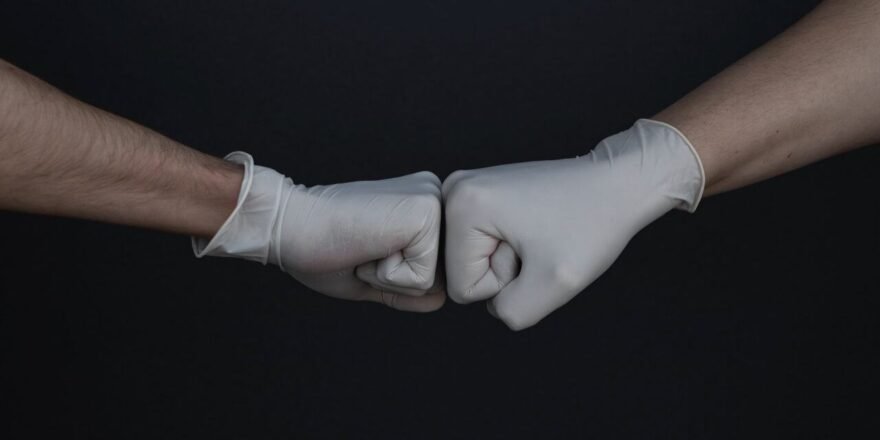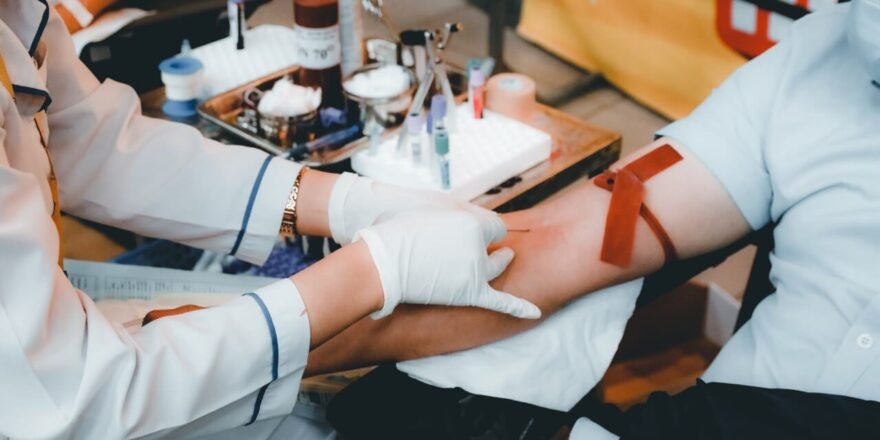Blood donation is a selfless act that has the power to save lives and make a significant impact on the well-being of those in need. This simple and noble gesture is a crucial part of healthcare, providing a lifeline for patients undergoing surgeries, dealing with chronic illnesses, or facing life-threatening emergencies. In this blog, we’ll explore the importance of blood donation, the process involved, and how you can become a hero by contributing to this life-saving cause.
Section 1: The Importance of Blood Donation
1.1 The Lifesaving Power of Blood
Blood is a vital component of the human body, carrying oxygen, nutrients, and immune cells throughout our system. For individuals facing medical conditions such as trauma, surgeries, cancer, or certain chronic diseases, a timely supply of blood becomes crucial. Donated blood plays a pivotal role in replenishing the blood banks and ensuring an adequate supply for those in need.
1.2 The Constant Need for Blood
Despite advancements in medical science, there is no synthetic substitute for human blood. The demand for blood is constant, and hospitals rely on the generosity of donors to maintain sufficient stocks. Regular donors become unsung heroes, contributing to the collective well-being of their communities.
Section 2: The Blood Donation Process
2.1 Eligibility and Preparation
Before donating blood, individuals need to meet certain eligibility criteria. Generally, donors must be in good health, meet age requirements, and not engage in risky behaviors that could compromise the safety of the blood supply. Donors are also encouraged to eat a healthy meal and stay hydrated before the donation.
2.2 The Donation Process
The blood donation process is simple and typically takes about 10-15 minutes. A trained healthcare professional will clean a small area on the donor’s arm and insert a sterile needle to collect blood into a bag. Donors may feel a slight pinch, but the process is generally painless.
2.3 Post-Donation Care
After donating blood, donors are provided with refreshments to help replenish fluids and prevent any potential side effects. It’s essential to follow post-donation guidelines, including avoiding strenuous physical activity and staying well-hydrated.
Section 3: How You Can Save a Life
3.1 Donate Regularly
One of the most impactful ways to contribute is by becoming a regular blood donor. Blood has a limited shelf life, and regular donations help ensure a consistent supply for hospitals and healthcare facilities.
3.2 Organize Blood Drives
Community-driven blood drives are effective in mobilizing a large number of donors. You can collaborate with local blood banks, educational institutions, or community centers to organize blood drives, raising awareness about the importance of blood donation.
3.3 Advocate for Blood Donation
Spread the word about the significance of blood donation in saving lives. Utilize social media, community events, and other platforms to educate people about the impact they can make by becoming blood donors.
Conclusion:
Blood donation is a noble and compassionate act that holds the power to save lives. By understanding the importance of blood donation, familiarizing yourself with the donation process, and actively participating in donation drives, you can become a crucial part of the life-saving network. Remember, every drop counts, and your contribution can make a significant difference in someone’s journey toward recovery and good health.




